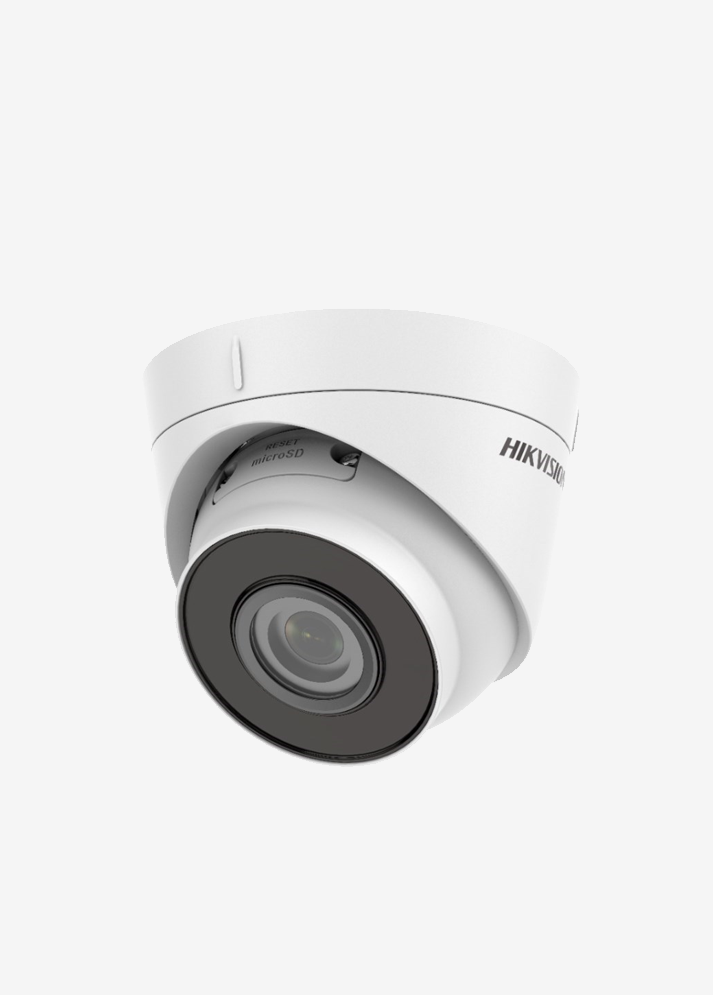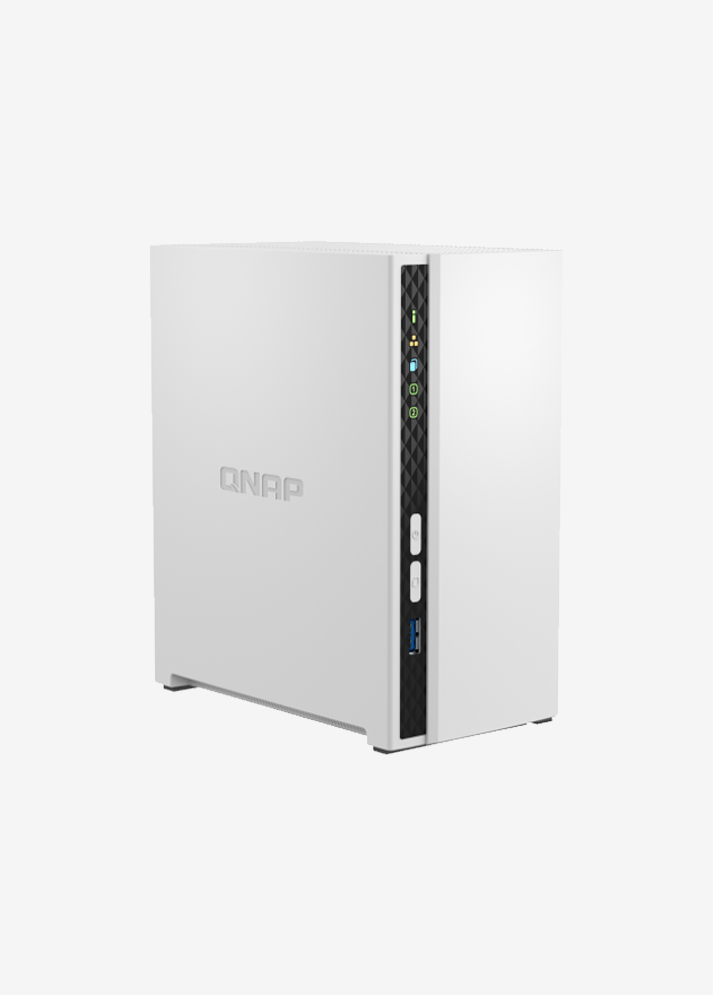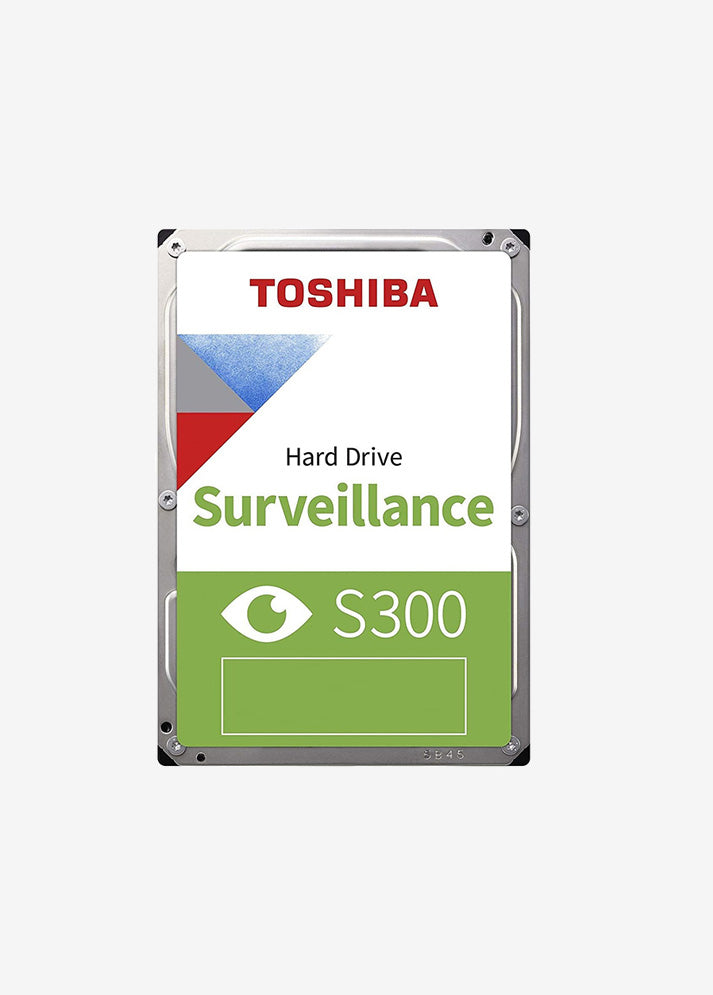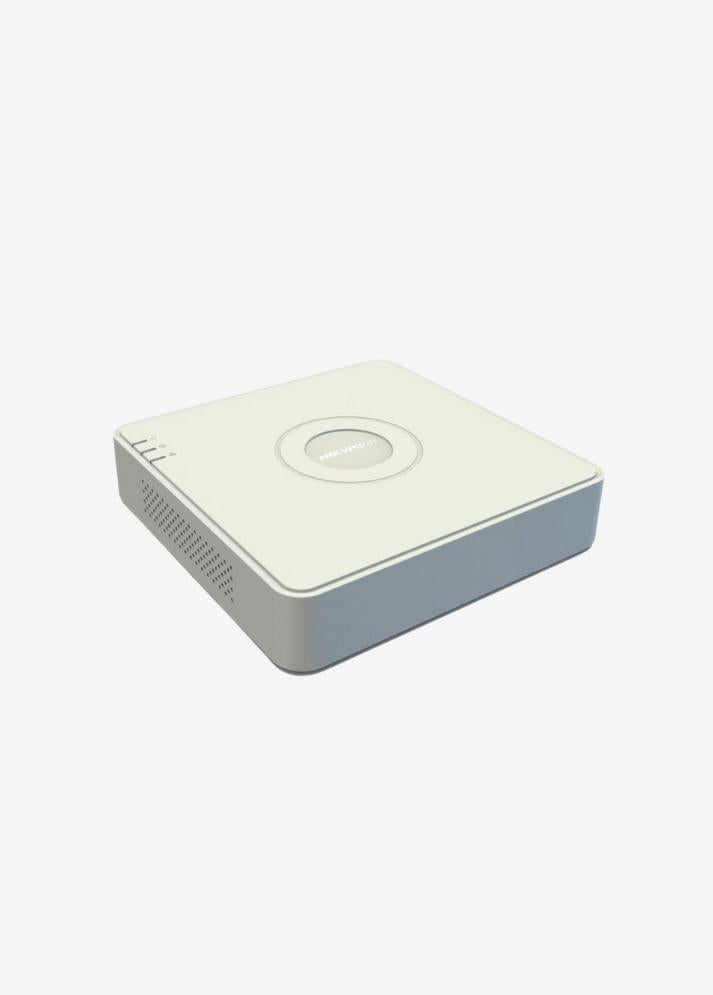In security camera systems, the storage space taken up by the images is as important as the recording quality. This is where video compression technologies come into play. The two most commonly used standards are H.264 and H.265 (HEVC) . So, what's the difference between these two, and which one is more advantageous?
What is H.264?
H.264 is a video compression standard that has been used in security cameras and video broadcasting for many years.
-
It is commonly found in DVR and NVR devices.
-
It compresses images to reduce file size.
-
It takes up less storage, but it may no longer be enough for today's high-resolution cameras.
What is H.265 (HEVC)?
H.265 or HEVC (High Efficiency Video Coding) is an improved version of H.264.
-
It offers the same image quality with 40-50% less storage space .
-
It works more efficiently at higher resolutions (4K and above).
-
It improves remote monitoring performance by using less bandwidth.
Differences Between H.265 and H.264
| Feature | H.264 | H.265 (HEVC) |
|---|---|---|
| Compression Ratio | Lower | 40-50% more efficient |
| Image Quality | Good | Higher clarity |
| Storage Usage | Takes up more space | Uses less disk space |
| Internet Usage | Requires more bandwidth | Provides smooth display even at lower speeds |
| Support | Common on older devices | Available on next-generation devices |
| Resolution Support | Works well up to Full HD | Optimized for 4K and above |
In Which Situation Should H.265 Be Preferred?
-
If you are using 4K or high resolution cameras
-
If you need to record for a long time
-
If cloud recording or remote monitoring is heavily used
-
If you want to reduce storage costs
H.265 is much more advantageous.
When to Use H.264?
-
If your old DVR/NVR devices only support H.264
-
If your resolution is below Full HD
-
If you do not have storage capacity problems
H.264 will still work.





